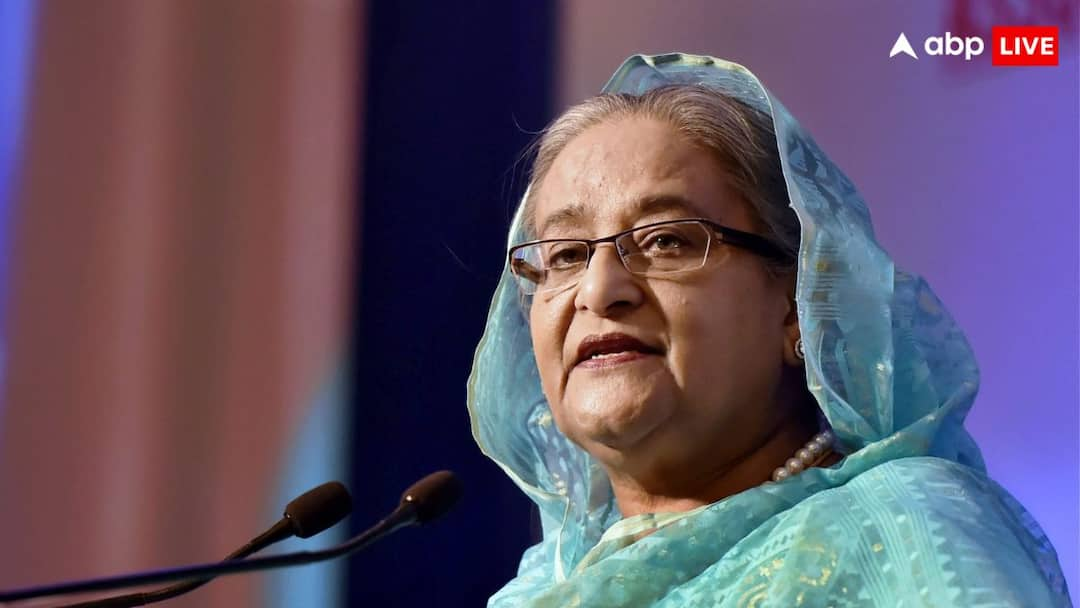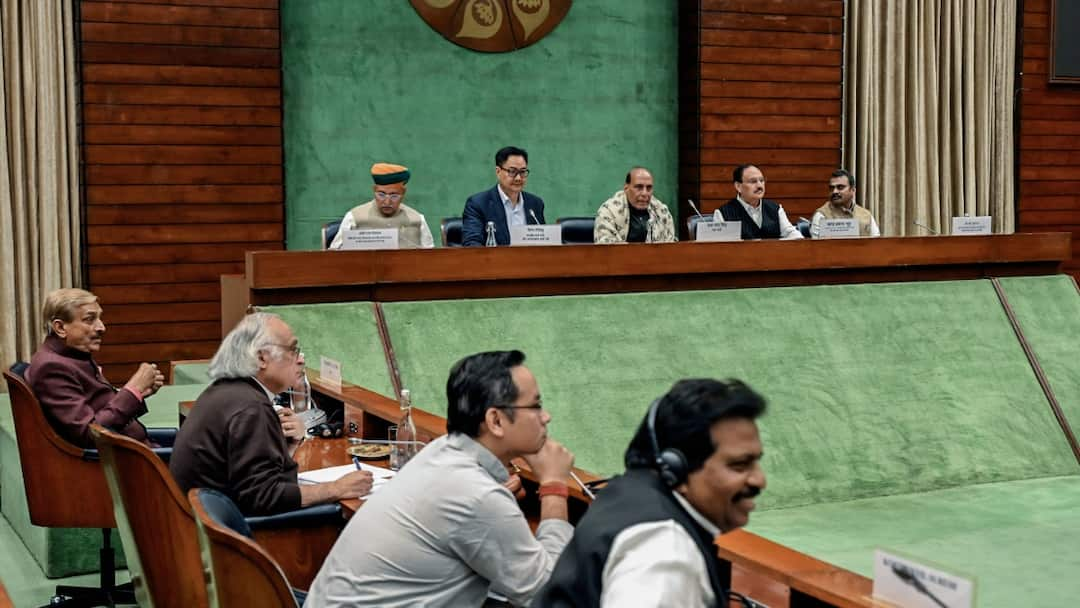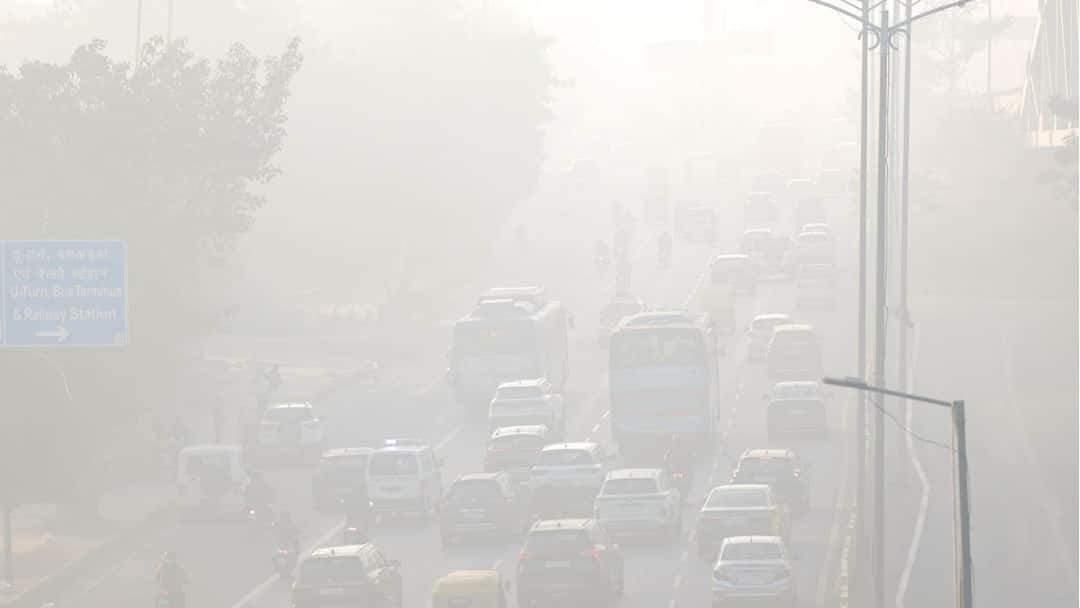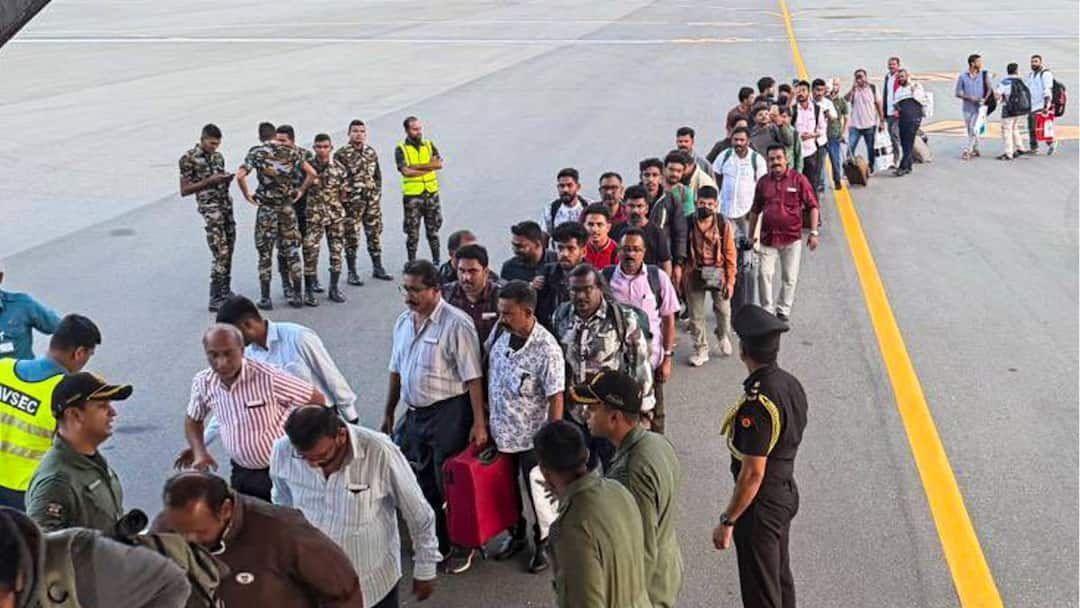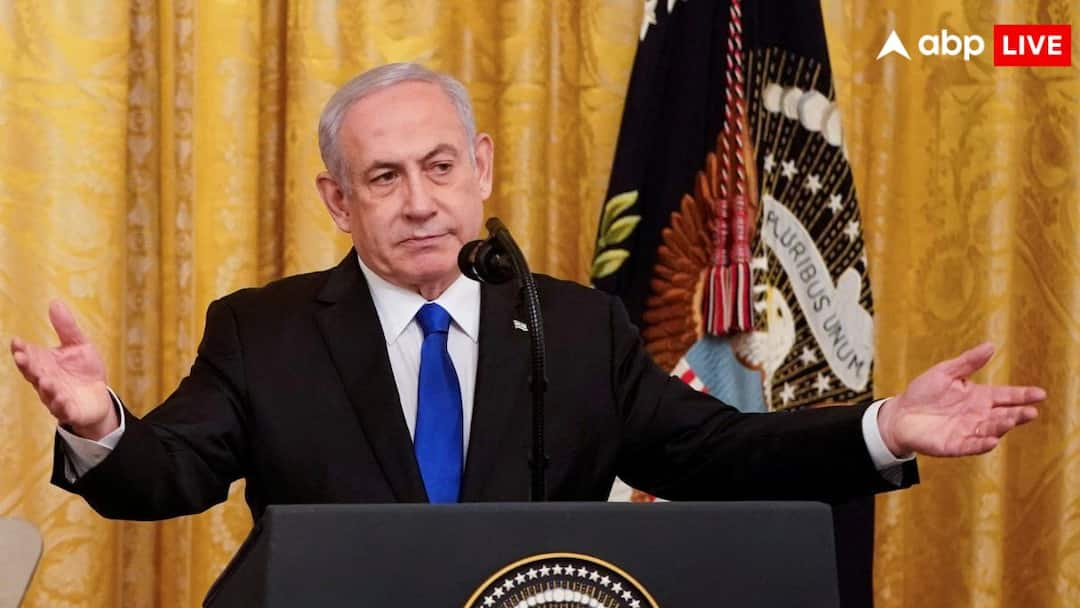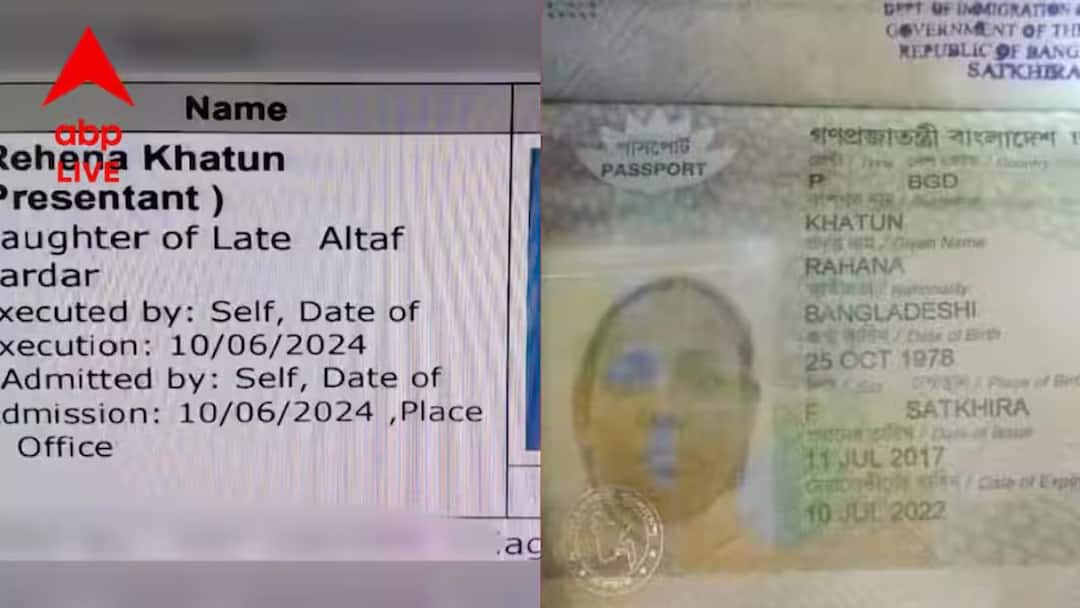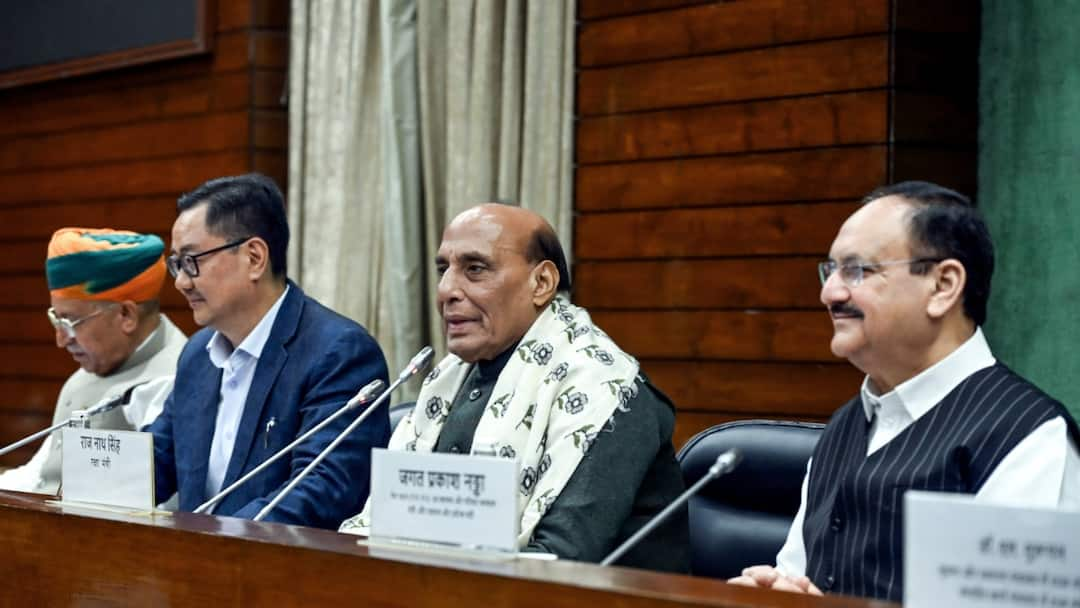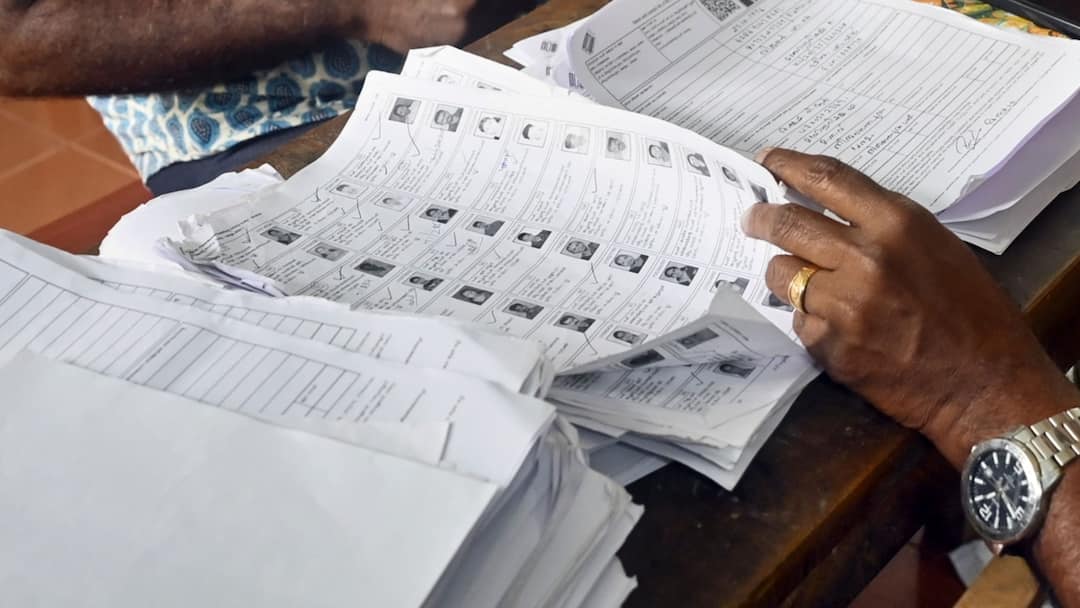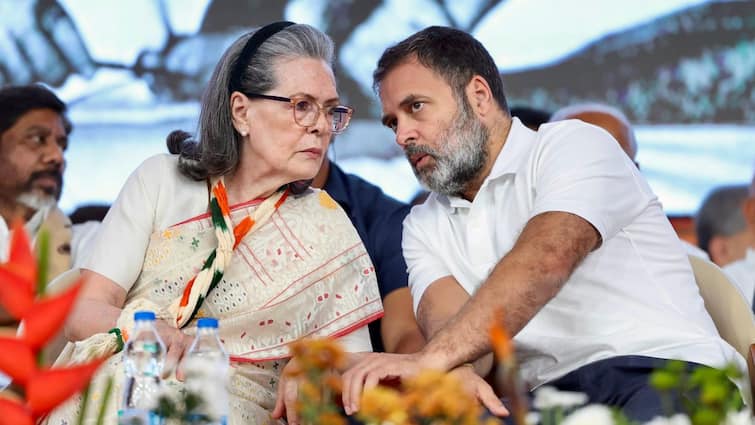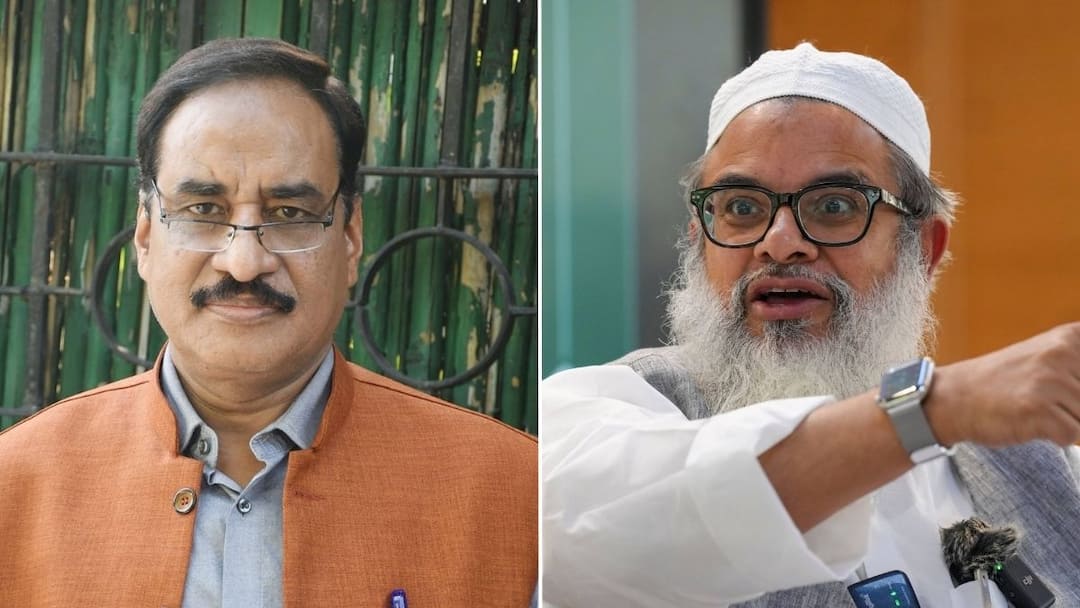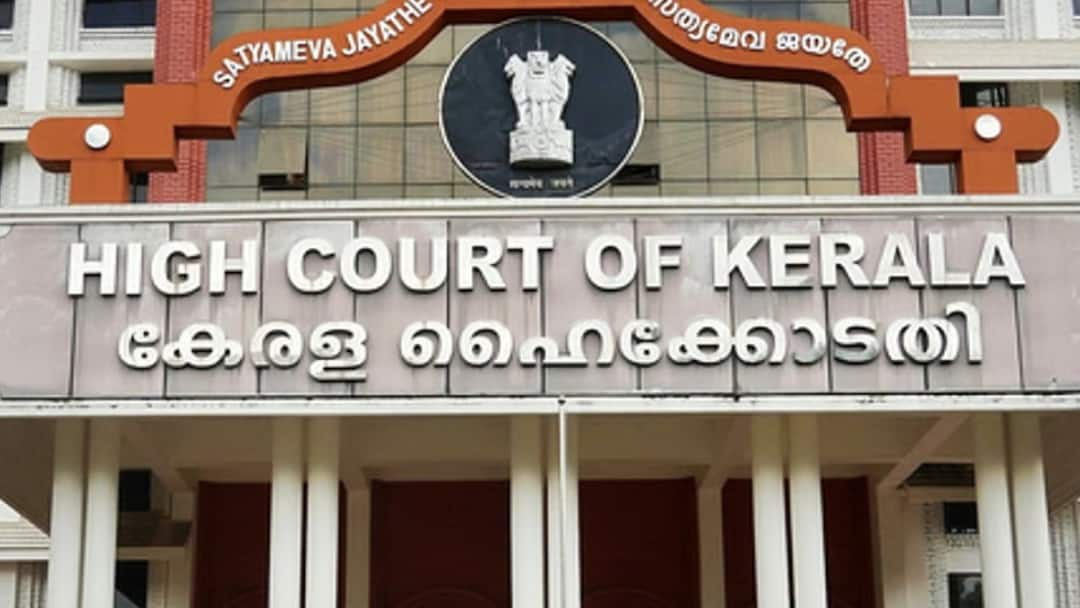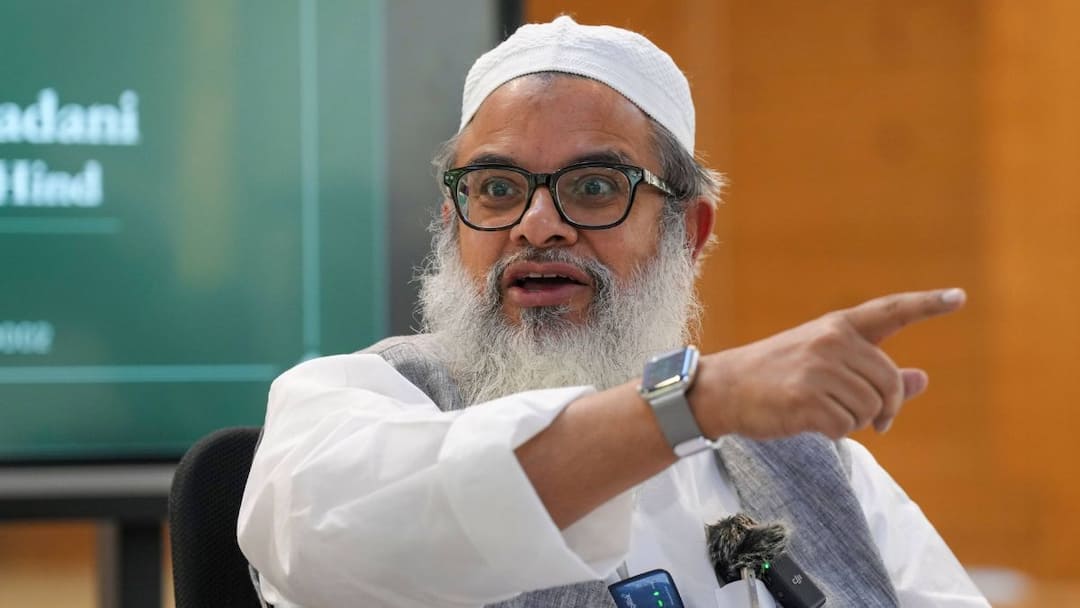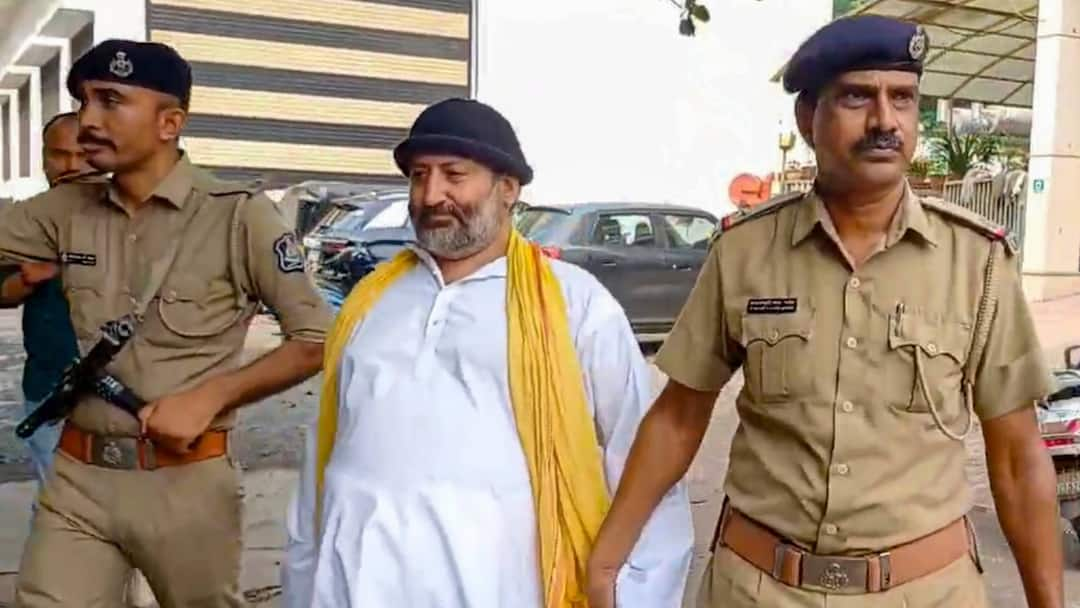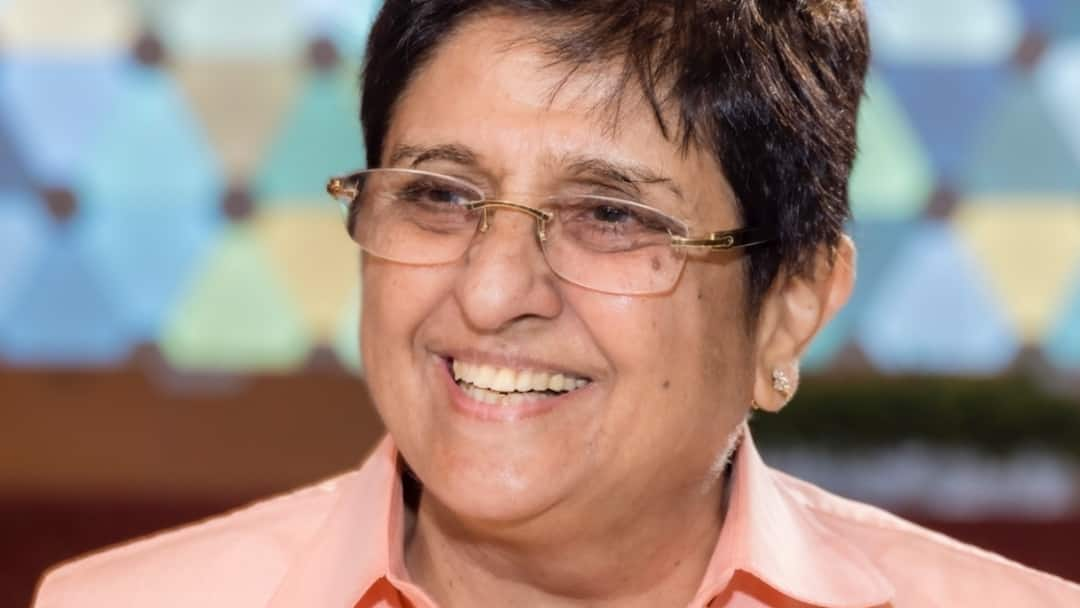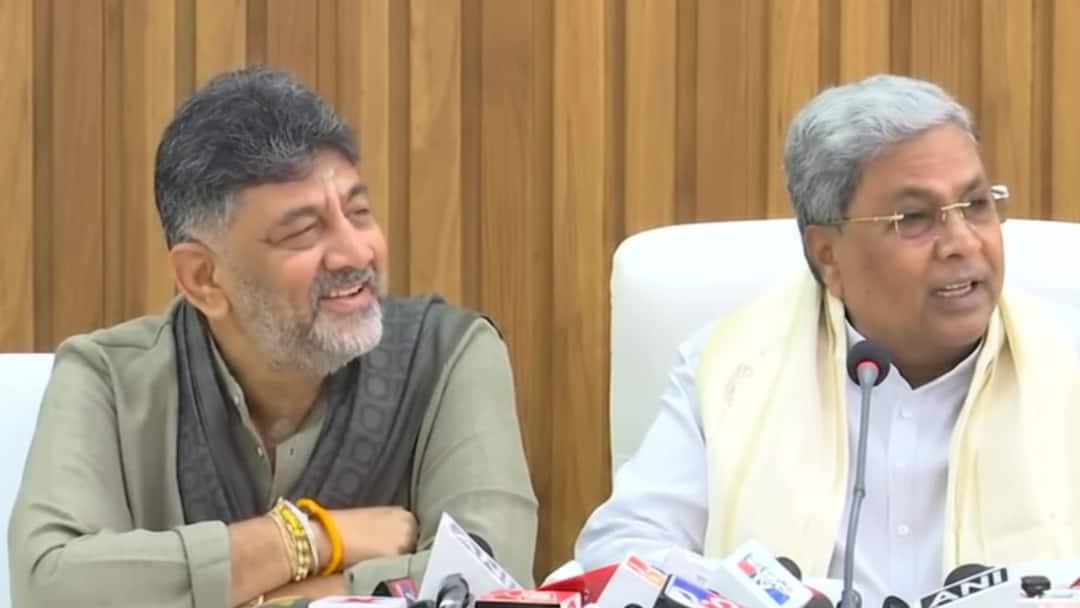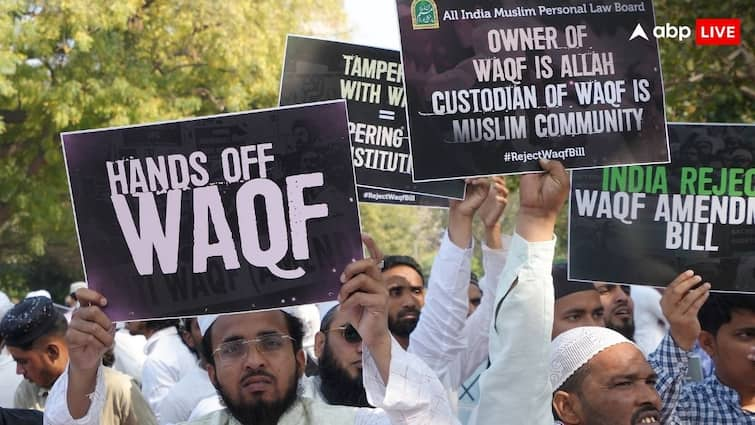
The All India Muslim Personal Law Board (AIMPLB) has strongly opposed the recently passed Waqf (Amendment) Bill, 2025, terming it a “severe assault on Islamic values, religion and Shariah, religious and cultural freedom, communal harmony and the foundational structure of the Indian Constitution.”
In a statement issued on Saturday, the AIMPLB criticised the support extended by political parties to what it called the BJP’s “communal agenda”, claiming this has exposed their “so-called secular facade”. The Board announced it would lead a nationwide campaign against the amendments in coordination with religious, community-based, and social organisations, with the objective of securing a complete rollback.
The All India Muslim Personal Law Board has announced a nationwide movement, declaring strong opposition and firm resistance against the Waqf (Amendment) Bill pic.twitter.com/qCcN2JvEzE
— IANS (@ians_india) April 5, 2025
“In every state capital, Muslim leadership will offer symbolic arrests and at the district level, protests will be organised. At the conclusion of these protests, memorandums will be submitted to the President of India and the Home Minister, through the respective district magistrates and the collector,” the AIMPLB statement said.
The Board also urged all Muslims, particularly the youth, to remain composed and refrain from any emotionally driven actions that could be exploited by sectarian forces. “He (board secretary) urged them not to take any action driven by emotions that might provide opportunities for sectarian and disruptive forces,” the statement added.
AIMPLB General Secretary Maulana Mohammed Fazlurrahim Mujaddidi outlined the strategy for the protest campaign. Speaking at a meeting of Board officials and special invitees, he stated that the movement would include legal challenges in the Supreme Court alongside peaceful democratic forms of protest, such as wearing black armbands, roundtable discussions, and press briefings.
He added, “As part of the first phase of the movement, an entire week next from one Friday to the will be observed under the theme ‘Save Waqf, Save the Constitution’.” The campaign will begin with a grand public gathering at Delhi’s Talkatora Stadium and continue in cities including Mumbai, Kolkata, Hyderabad, Bengaluru, Chennai, Vijayawada, Malappuram, Patna, Ranchi, Malerkotla and Lucknow, up until Eid al-Adha.
Mujaddidi urged for collective action under the Board’s guidance. “The Board further appealed for the campaign to be conducted in an organised and planned in peaceful manner, requesting individuals not to act independently but to cooperate strictly in line with the Board’s guidance.”
Opposition Leaders Move Supreme Court Against Waqf (Amendment) Bill
Meanwhile, Aam Aadmi Party MLA Amanatullah Khan has filed a plea in the Supreme Court challenging the constitutional validity of the Waqf (Amendment) Bill, 2025. Khan’s petition argued that the Bill violates Articles 14, 15, 21, 25, 26, 29, 30 and 300-A of the Constitution by curtailing religious and cultural autonomy, enabling arbitrary executive interference, and undermining minority rights.
RJD’s Tejashwi Yadav said on Saturday that his party has moved court against the amendment bill.
Similar petitions have been filed by Congress MP Mohammad Jawed and AIMIM president Asaduddin Owaisi. Jawed, who was also a member of the Joint Parliamentary Committee on the Bill, alleged that the legislation imposes arbitrary restrictions on Waqf properties and their management, stating that it discriminates against the Muslim community by introducing constraints not applicable to other religious endowments.
The petition, filed through advocate Anas Tanwir, claimed that the Bill’s provisions limiting the creation of Waqfs based on the duration of religious practice were not rooted in Islamic law, customs or precedent, and violated the right to religious freedom under Article 25.
Owaisi, in his separate plea filed through advocate Lzafeer Ahmad, argued that the Bill diminishes the legal protections granted to Waqfs while retaining them for Hindu, Jain, and Sikh religious endowments, amounting to hostile discrimination. He further contended that appointing non-Muslims to the Central Waqf Council and State Waqf Boards disturbs the constitutional balance and infringes on the rights of Muslims to manage their religious properties.
Parliament cleared the Bill on April 5 after a 13-hour debate in the Rajya Sabha, where 128 members voted in favour and 95 against. The Lok Sabha had passed it earlier with 288 votes in support and 232 opposed.
Doonited Affiliated: Syndicate News Hunt
This report has been published as part of an auto-generated syndicated wire feed. Except for the headline, the content has not been modified or edited by Doonited




